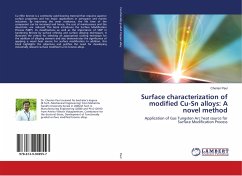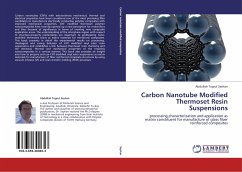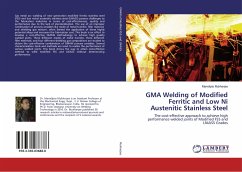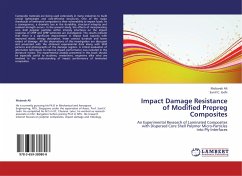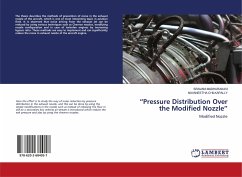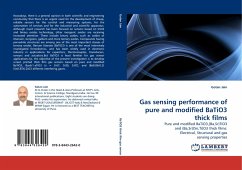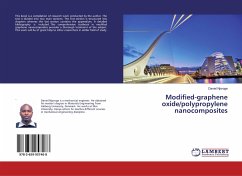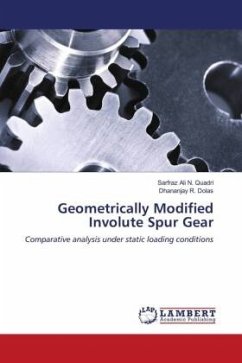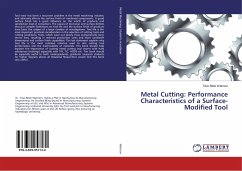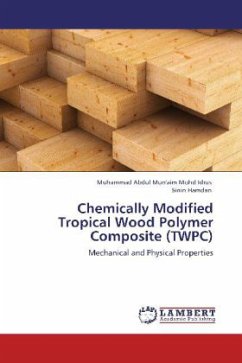
Chemically Modified Tropical Wood Polymer Composite (TWPC)
Mechanical and Physical Properties
Versandkostenfrei!
Versandfertig in 6-10 Tagen
39,99 €
inkl. MwSt.

PAYBACK Punkte
20 °P sammeln!
Chemical modification is an often-followed method to replace glass fibers with wood fibers to reinforce polymer composites in order to produce biomaterials. However due to the surface incompatibility and weak adhesion between polymer and fiber, many new chemical and binder added were introduced by researchers to improve the mechanical and physical properties of wood polymer composites (WPC). In this study, liquefied tropical wood polymer composites (LTWPC), WPC, treated WPC (TWPC) and binder treated WPC (BTWPC) composite panels were made by using hot-press moulding with varying formulations ba...
Chemical modification is an often-followed method to replace glass fibers with wood fibers to reinforce polymer composites in order to produce biomaterials. However due to the surface incompatibility and weak adhesion between polymer and fiber, many new chemical and binder added were introduced by researchers to improve the mechanical and physical properties of wood polymer composites (WPC). In this study, liquefied tropical wood polymer composites (LTWPC), WPC, treated WPC (TWPC) and binder treated WPC (BTWPC) composite panels were made by using hot-press moulding with varying formulations based on the filler type (LTW, treated sawdust and binder). The effect of LTW, treated sawdust and binder as fillers were investigated. Liquefied tropical wood polymer composites (LTWPCs) were made using liquefied tropical wood (LTW) as a filler and polypropylene (PP) as a matrix.



